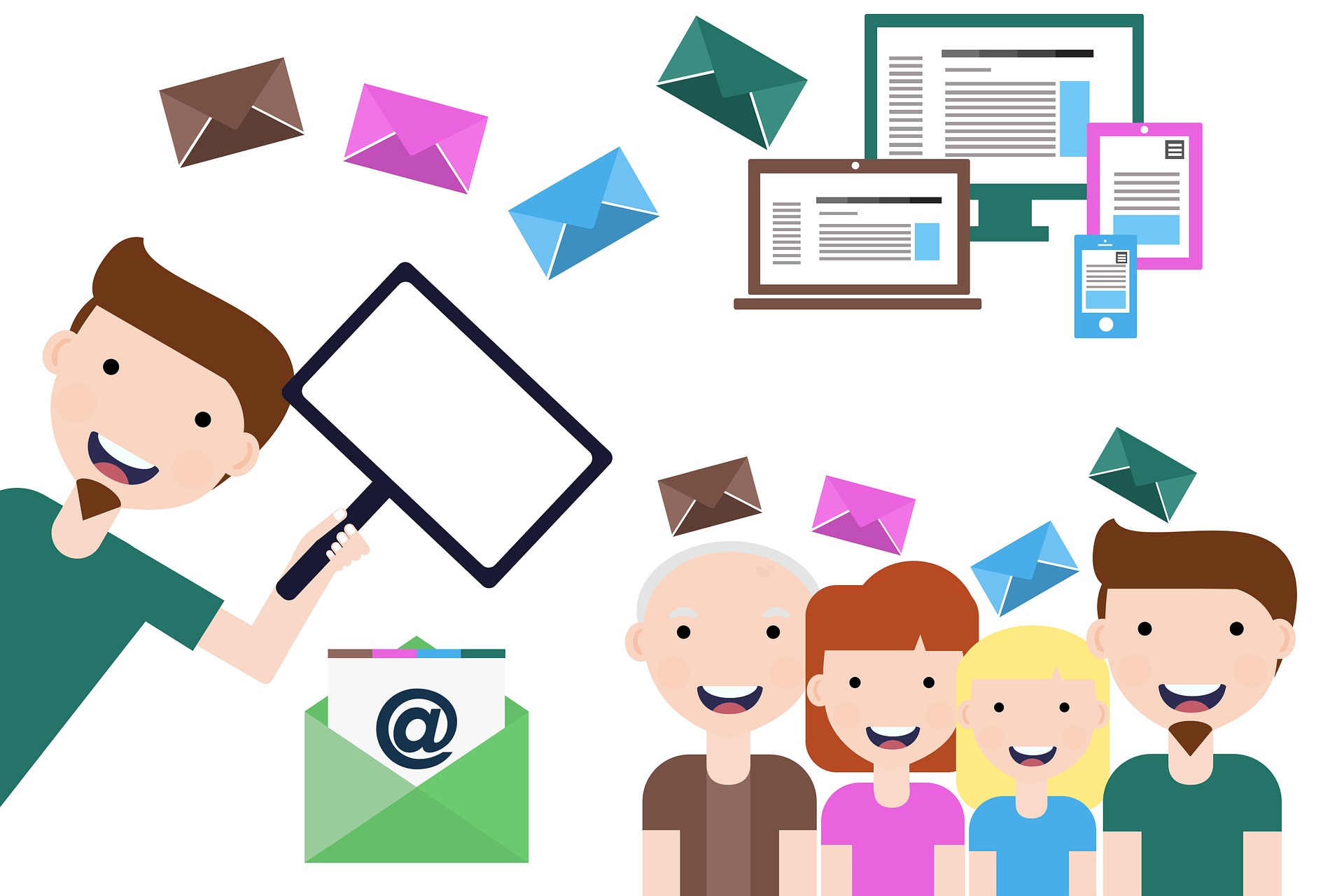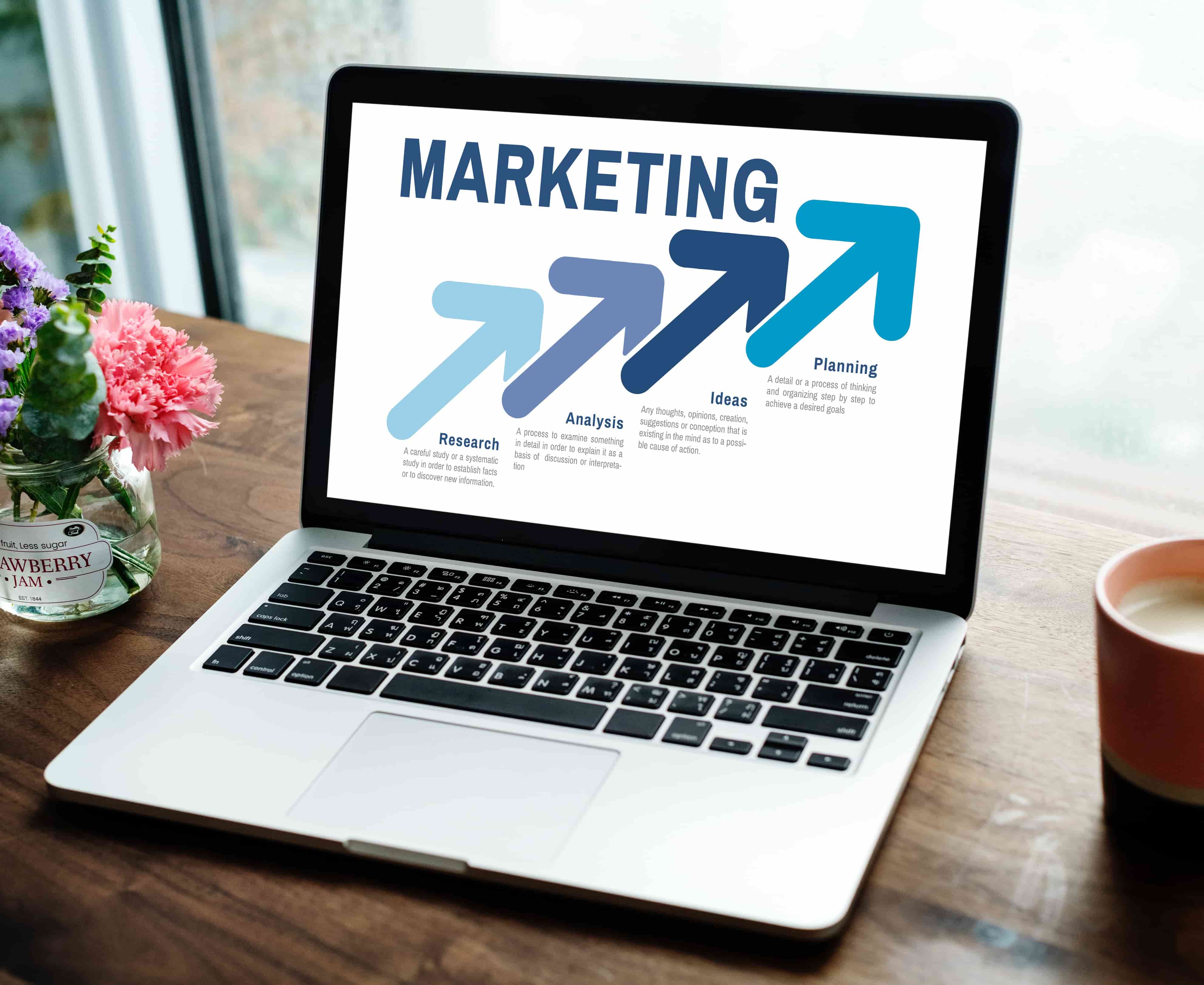Digital marketing is the process of marketing services and produces using digital technology with the primary aim of reaching out to the target audience. Although you might know this already, digital marketing isn’t restricted to the internet, hence can be done on any other digital medium including display advertising and mobile phones. Some of the most popularly used digital marketing methods include search engine marketing, search engine optimization, pay per click, social media marketing, and SMS marketing among others. This article explores the various types of digital marketing methods in use today.
1. Social Media Marketing:
Social media marketing is the process of marketing/promoting services and products through social media. With billions of people logging into various social networking platforms in a day, social media has become a marketing haven for marketers. Popular networking platforms including Twitter, Facebook, Instagram, and LinkedIn have made it possible for marketers to target specific audiences. This has led to increased output and conversion of target audiences into potential and even loyal customers. LinkedIn, for example, is specially designed for B2B marketing while Instagram plays perfectly for the ‘visual’ business.
There are different approaches in which one can use to target audiences on social media. Facebook, for example, provides users with both free and paid advertising options, all of which can be profitable when appropriately implemented. Some understanding of social media marketing is however needed to make the most out of this strategy.
2. Email Marketing:
Email marketing is one of the most efficient and oldest types of digital marketing strategies in use to date. The best thing with email marketing is the fact that marketers get to communicate directly with their target audiences and customers, which again increases conversion rates. Email marketing is also known to build trust and customer loyalty, one of the reasons it has remained relevant to this date. There is however more to email marketing than merely sending a couple of promotional emails and newsletters to an emailing list.
A successful Email Marketing campaign begins by finding ids that are active and operational. One of the best ways to connect with your target audiences is on the professional social media handle. LinkedIn. Most brands and agencies understand that working with a credible Linkedin email finder can help them reach out to potential or prospective sales leads. This is something that software development agencies usually do a lot of. They can browse through designations on LinkedIn and ensure that their pitch is directly addressed to professionals that have decision-making abilities.
While you need to be really good at creating eye-catching and captivating emails, you still need to build a credible emailing list. This is among the toughest things an email marketer has to do to make the marketing campaign a success. Nonetheless, collecting email addresses through user subscriptions and having audiences sign up for newsletters, coupon codes, etc. are some of the credible ways to collect email addresses.
3. Search Engine Optimization and Search Engine Marketing:
Commonly known as SEO, search engine optimization is one of the popular digital marketing strategies today. SEO involves optimizing websites and pages for both search engines and organic visitors. Some of the key areas that marketers and website owners have to focus on when optimizing their sites include keyword research and analysis, link building, and the creation of unique and relevant content. Done correctly, an SEO campaign can see a page gaining higher ranks on Google, Bing, and other search engines, with the reward being increased exposure to the target audience. A properly executed SEO plan can see your page/business show up on the top pages of a search result.
Search engine marketing, SEM, involves taking on campaigns and strategies to increase traffic to a web page or site. It covers both SEO and PPC (pay-per-click) like this, whereby the web page received increased traffic through both unpaid and paid means.
4. Content Marketing:
Content marketing works very differently from other marketing strategies. It employs a strategic approach that mainly focuses on creating relevant, valuable, consistent, and informative content that is distributed to help attract, inform, and retain target audiences. Thanks to content marketing, the target audience can make an informative decision on a product/service, hence one of the best ways to drive profitable customer action. The content can be either in the form of text and articles published both on the site and blogs, video, and image content. It is also an ongoing process that involves creating fresh and unique content each time.
Although a marketing strategy, experts recommend creating content to promote the brand or product without necessarily asking the target audience to make a purchase. The content simply needs to be engaging and enriching to help viewers make the right decision on the product.
5. Influencer Marketing:
This is slowly becoming a popular marketing strategy today. As the name suggests, influencer marketing involves using industry experts or social media influencers to help market a product or brand. This could be a celebrity or another well-known person with thousands of followers on their social sites. All the individual needs to do is vouch for your brand, or simply promote your product on their social media pages. Most companies use these influencers to help give away discount codes, coupons, and prize draws. Influencer marketers mostly prefer using their Facebook profiles, YouTube Channels, and Instagram to promote the said product.
Although a short-term marketing strategy, influencer marketing can help drive more traffic to your site, a factor that can help increase conversions and sales.
6. Mobile Advertising:
With almost everyone owning a phone or at least a smartphone, mobile marketing is slowly taking shape. SMS marketing with SMS broadcast services and in-app advertising have become popular ways to promote products. Although you do not need a mailing list for in-app advertising, you certainly need one for SMS marketing. Many companies today use SMS marketing to send coupon codes, special offers, and even newsletters to their target audiences.
These are just but some of the popular digital marketing strategies in use today. Done correctly, some of these strategies can help your business grow while building a huge following. While you might be able to implement all these by yourself, it would be advisable to have an experienced professional handle all optimizations and marketing strategies. This way, you will be guaranteed better results and even have enough time on your hands to handle more serious business matters. Finding an expert in all these can however be an intimidating task. Thanks to the internet, you should be able to find a reputable and results-oriented company to help take care of all these. You can even invest in paid digital advertising strategies such as influencer marketing and pay-per-click to get a head start with increased traffic and visibility online.
Read Also:






















